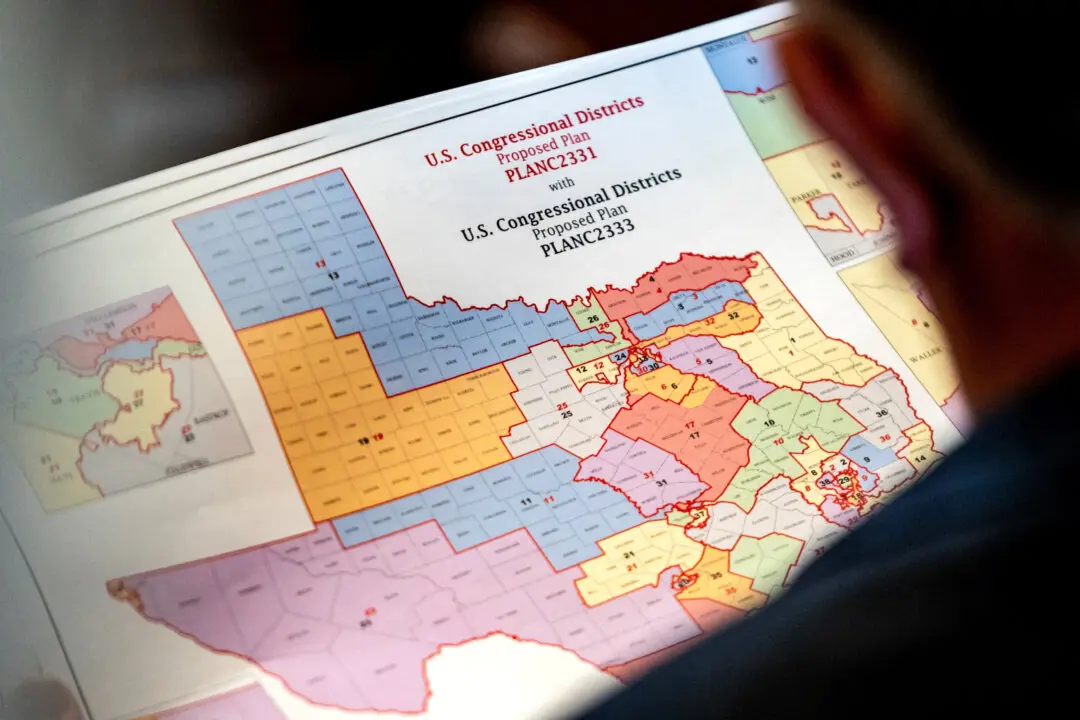In an announcement that could reshape the direction of fiscal policy and spending priorities in the United States Congress, Rep. Kay Granger (R-Texas) has formally requested the Republican Steering Committee and Conference to select a new Chair for the House Appropriations Committee.
This decision comes after Ms. Granger’s tenure as the leading Republican on the committee since 2019, a powerful role in Congress where she has played a pivotal role in the allocation of federal spending across various sectors.





